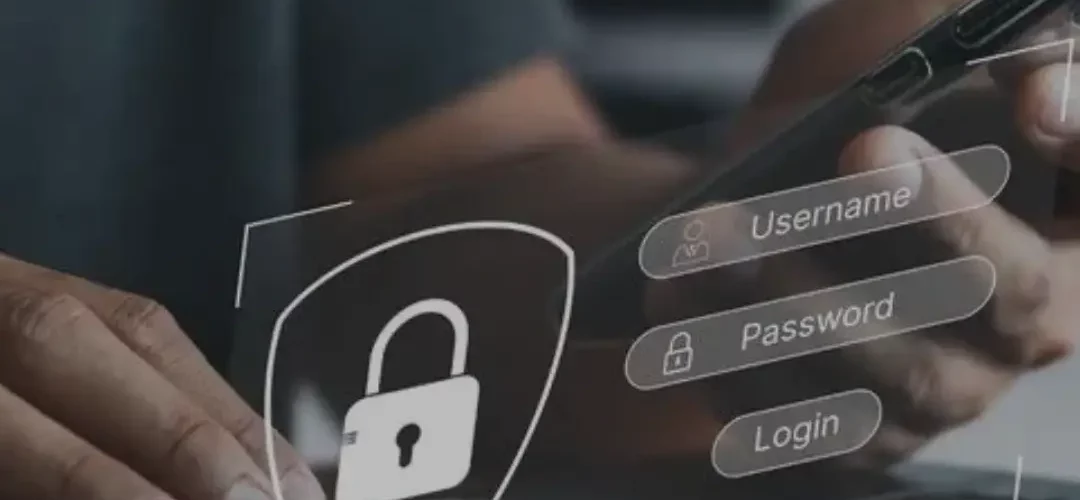How VPNs help protect you from hackers and phishing attacks

Introduction
As cyber attacks grow more sophisticated, protecting your internet security and privacy is more important than ever. Maybe the most effective way to protect yourself from phishers and hackers is a Virtual Private Network (VPN). VPNs create a secure, encrypted connection between your computer and the internet, hiding your data from malicious actors.
This article tells you what VPNs are, how they work, and how they stop you from getting hacked and phished.
To enhance your security further, explore top cybersecurity tools to use alongside your VPN
What is a VPN?
A VPN or Virtual Private Network is a service that routes your internet traffic through a secure server to reach its destination. It creates an encrypted “tunnel” between your computer and the VPN server, masking your IP address and encrypting your data.
For more insight into online security, you can research the basics of cybersecurity that everyone needs to know.
Chief functions of a VPN:
- Encrypts your information: Converts your information to code to lock out snooping eyes during transmission.
- Conceals your IP address: Makes it harder for hackers or websites to ascertain your whereabouts or even your device.
- Evades geo-restrictions and censorship: Provides you with access to content which is censored in your region.
How VPNs protect you from hackers
1. Secure data transmission over public wi-fi
Public Wi-Fi systems, including those in cafes or airports, are not generally secure. It is easy for hackers to intercept information transmitted over these systems in what is called a Man-in-the-Middle (MitM) attack. If you visit your bank or email account without security, your account information can be stolen.
VPN protection: A VPN encrypts your online traffic, and even if hackers capture the information, it is meaningless to them and cannot be decoded.
2. Prevents tracking and targeted attacks
Hackers and other malicious websites use your IP address and browsing history to track you and launch targeted attacks, like phishing scams or malware injection.
VPN protection: By concealing your IP address and encrypting your data, a VPN makes it significantly more challenging for attackers to trace or target you directly.
3. Defense against ISP and network snooping
Internet Service Providers (ISPs) and network administrators may also monitor your online activities, at times selling your data or sharing it with third parties.
VPN protection: VPNs prevent ISPs from seeing what websites you are visiting and what information you are sending and receiving, protecting you.
How VPNs help defend against phishing attacks
Phishing attacks trick users into revealing confidential information by masquerading as legitimate. While a VPN will not prevent phishing emails or messages by itself, it includes protection layers such as:
- Malicious website blocking: Certain VPNs block known phishing or malware sites, preventing accidental browsing.
- Preventing data capture: VPNs encrypt sensitive data on secure websites, preventing hackers on the same network from capturing it.
- Enhanced privacy: VPNs hide your IP and location, making personalized phishing scams harder.
Additional VPN benefits for security
- Bypass censorship: Access blocked websites securely in censoring countries.
- Remote Work Security: Encrypt connections for remote employees to protect corporate networks.
- Avoid Bandwidth Throttling: Mask your traffic type to prevent ISPs from slowing streaming or gaming speeds.
Selecting a secure VPN
Not all VPNs offer the same security. Choose one with:
- Strong encryption protocols (e.g., OpenVPN, WireGuard)
- No-logs policy (no records of your activity)
- Fast connections and many server locations
- Built-in security features like malware blocking and kill switch
- Transparent privacy policies and good reputation
Conclusion
A VPN is a valuable tool in your security kit, protecting your data especially on insecure networks, and reducing phishing risks by encrypting traffic and filtering malicious sites.
While not a cure-all, combined with good security habits, a VPN greatly improves your online safety and privacy.
Learn more about the basics of cybersecurity everyone should know to strengthen your defense.
